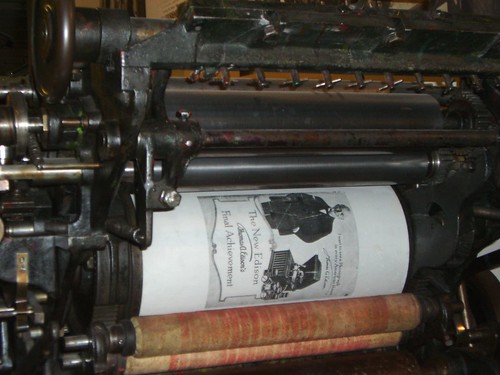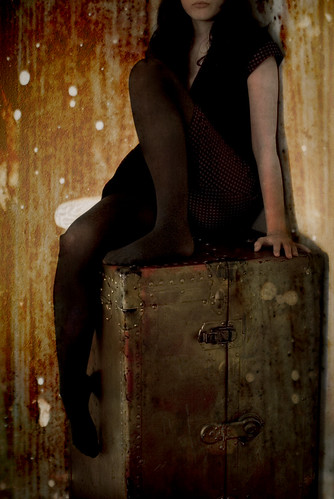Regular readers may remember this week’s Aspiring Voices spotlight writer from her excellent guest fiction post, The Gun’s Fear, earlier this month. I chatted with her about her past life as a dancer, the role of criticism in improving your skill, the nature of success and how one defines “making it” as an author. Plus, she teaches me about Kinetic Fiction.

Paul: What was the first story you remember writing where you finished and thought, “Yeah, there’s something here”?
Alisia: The first story that really changed my view on writing was something I wrote in ninth grade. I had just finished reading On a Pale Horse by Piers Anthony and was inspired to write my own short introduction to Thanatos. The piece was only about 500 words, but it was the first time I had finished a story with a sense of accomplishment. I had never had the urge to share any of my previous writings, but I was so proud of this piece that I mustered up the courage to post it on Fictionpress. I didn’t get many views on my story, but one person left me a very flattering comment. She told me my story was the best she’d ever read on the site and she urged me to write more. Sometimes all it takes is a kind word from a stranger for you to realize that not everything you write is complete garbage.









